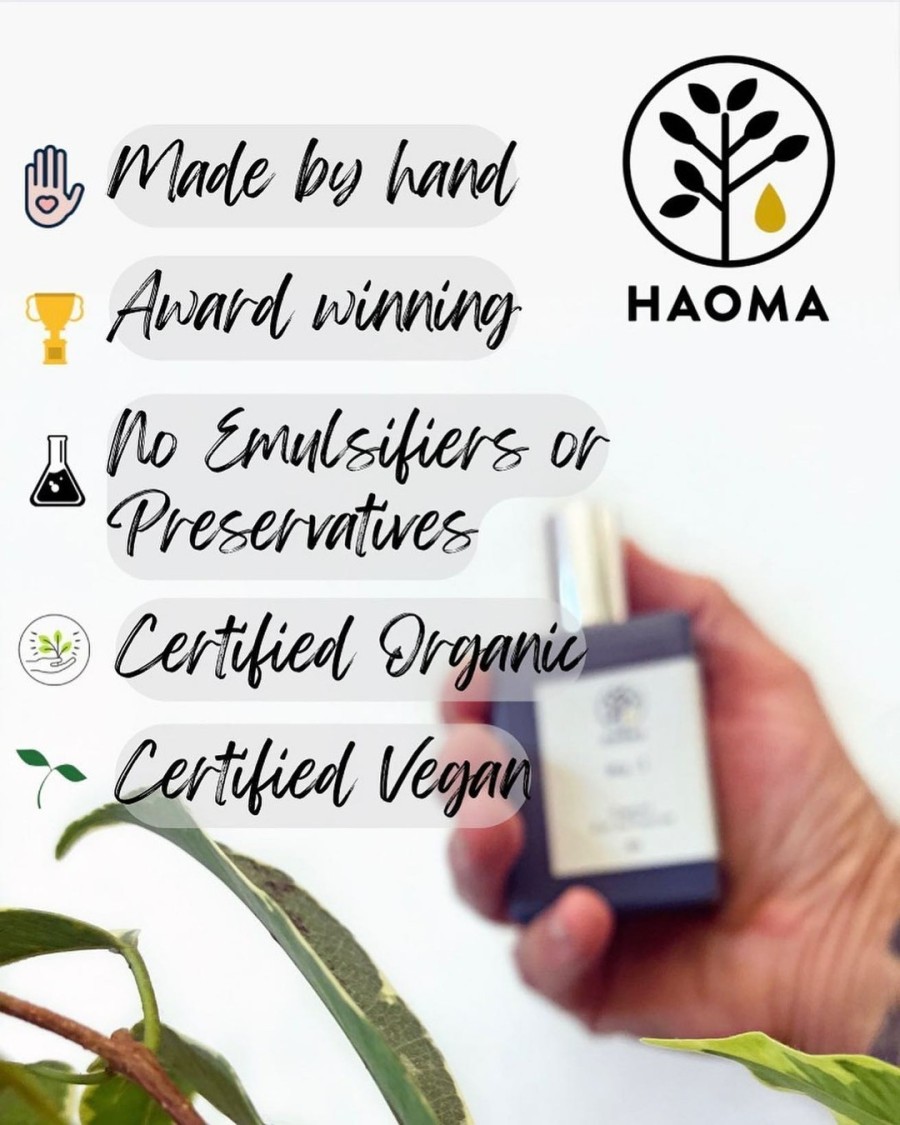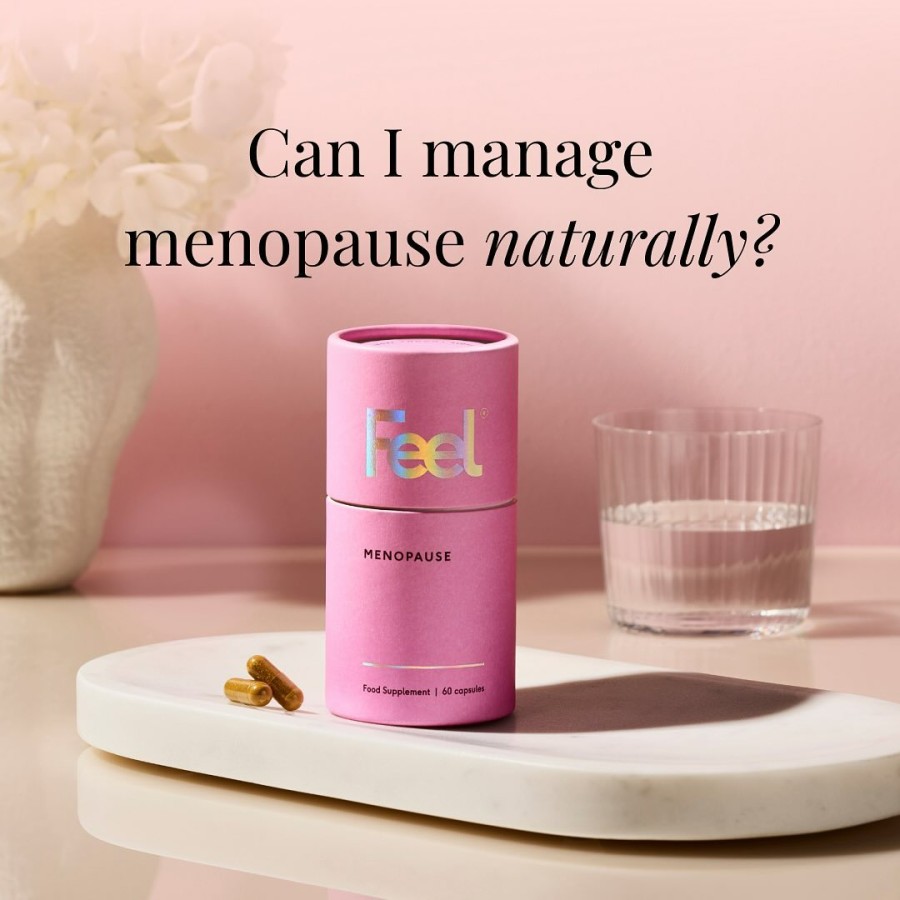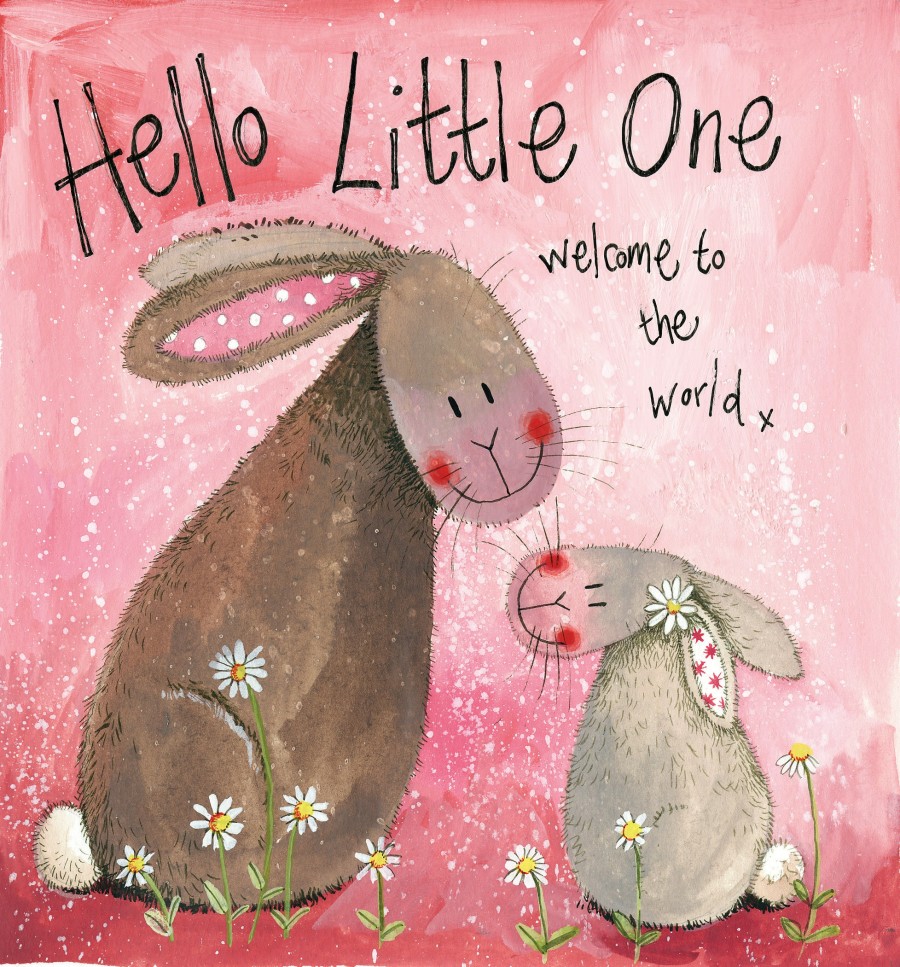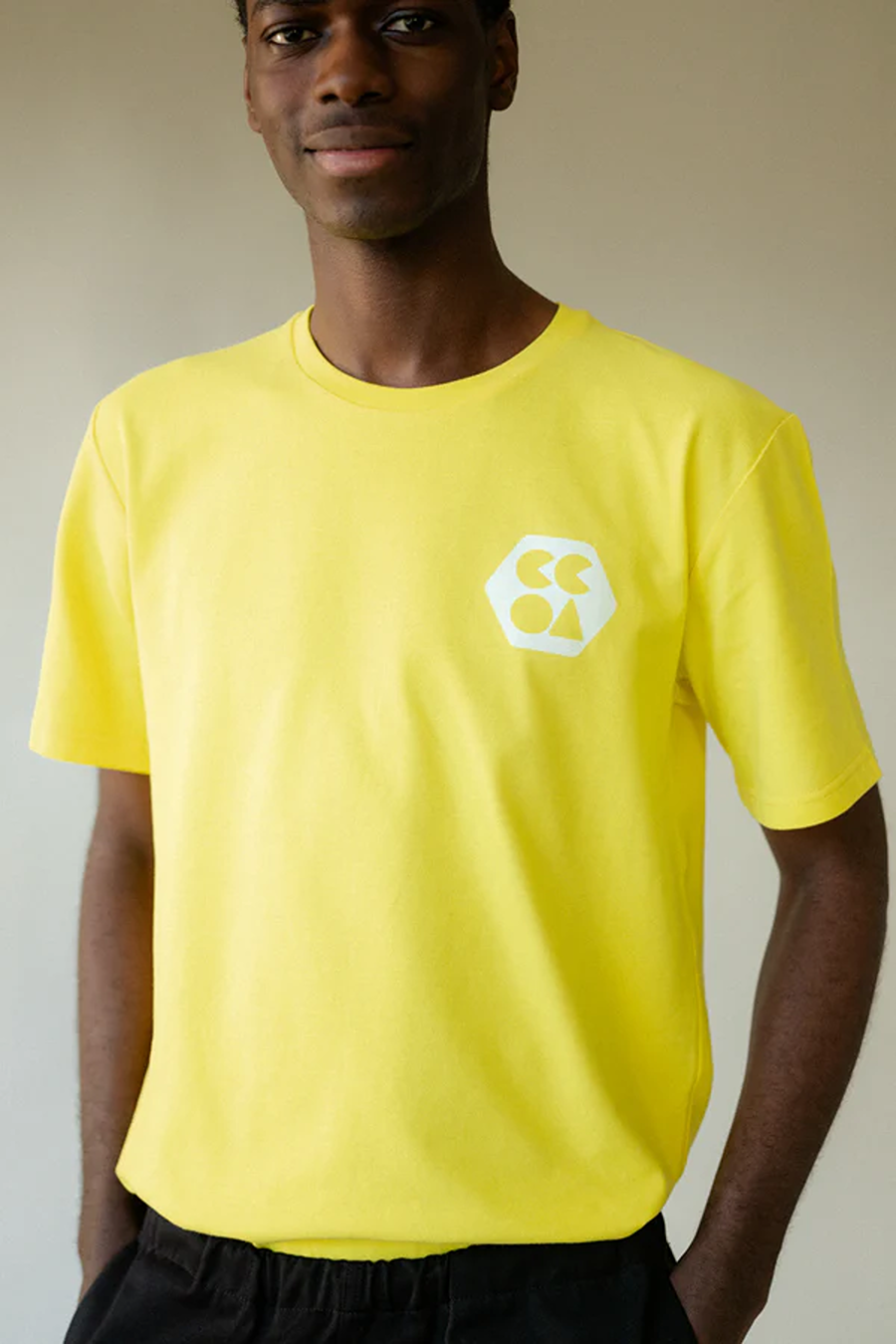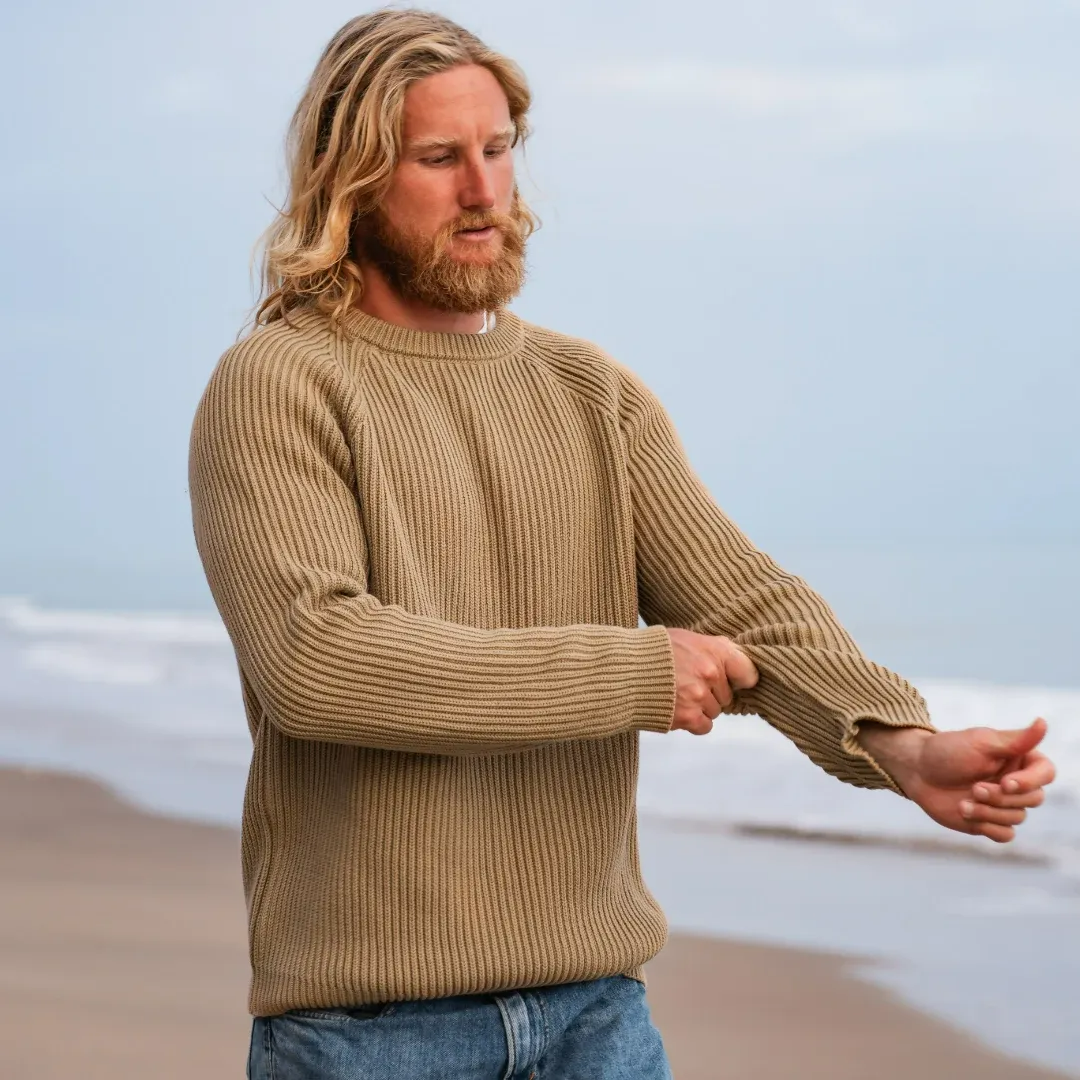
Rapanui (Isle of Wight) makes lovely warm organic cotton jumpers. All are made with green energy and sent in plastic-free packaging. They use special weaves to be as warm as wool. Also available for men, the jumpers are also as waffle-knit design and cardigans. Charities can even raise money for their cause with their sister company Teemill. Wear with organic cotton beanies.
Although sheep do need shearing to avoid over-heating, falling over (right one up if you see it upside down or it will die) and to see predators, the conventional wool industry has many issues. Some sheep are sheared too early (leading to hypothermia) and others suffer ‘mulesling’ (having chunks of skin sliced away to prevent flystrike, without painkillers). And many sheep are killed, when they get older and their wool production slows down). If you wear wool, choose companies that don’t kill the sheep, simply shearing the wool: like vegetarian wool or sheepskins.
Organic (or any cotton) washes safely in the machine without depositing microplastics (unlike synthetic fibres). And at end of life, it safely biodegrades back to the earth, leaving no trace behind. It’s even softer on skin, so ideal for people with eczema or psoriasis.
Organic cotton costs a little more, but it’s far better for the planet as it is free from chemicals and pesticides that harm water supplies and wildlife (and farmers who grow the cotton – they also don’t have to wear uncomfortable protective clothing if farming organically). As the fibres have not been treated by chemicals, they tend to last longer too, which means garments are more cost-effective long-term.
a vegan wool (made from weeds!)
Described as ‘more sustainable than dirt’, Weganool is a new type of wool made from weeds! Made in India from carefully extracted calotropis stem and pod fibres, then blended with organic cotton. The woven material is lightweight with remarkable thermal-regulating properties, giving the warmth of wool, without animals.
Made without chemicals or waste, the material can be used to make shirts, dresses, scarves and inner linings, plus single jersey and fleece knits. The fabric also thrives in drought-prone areas so saves water over cotton, and is good to provide jobs. It’s also dyed naturally with plants, flowers, roots, seeds and minerals.

